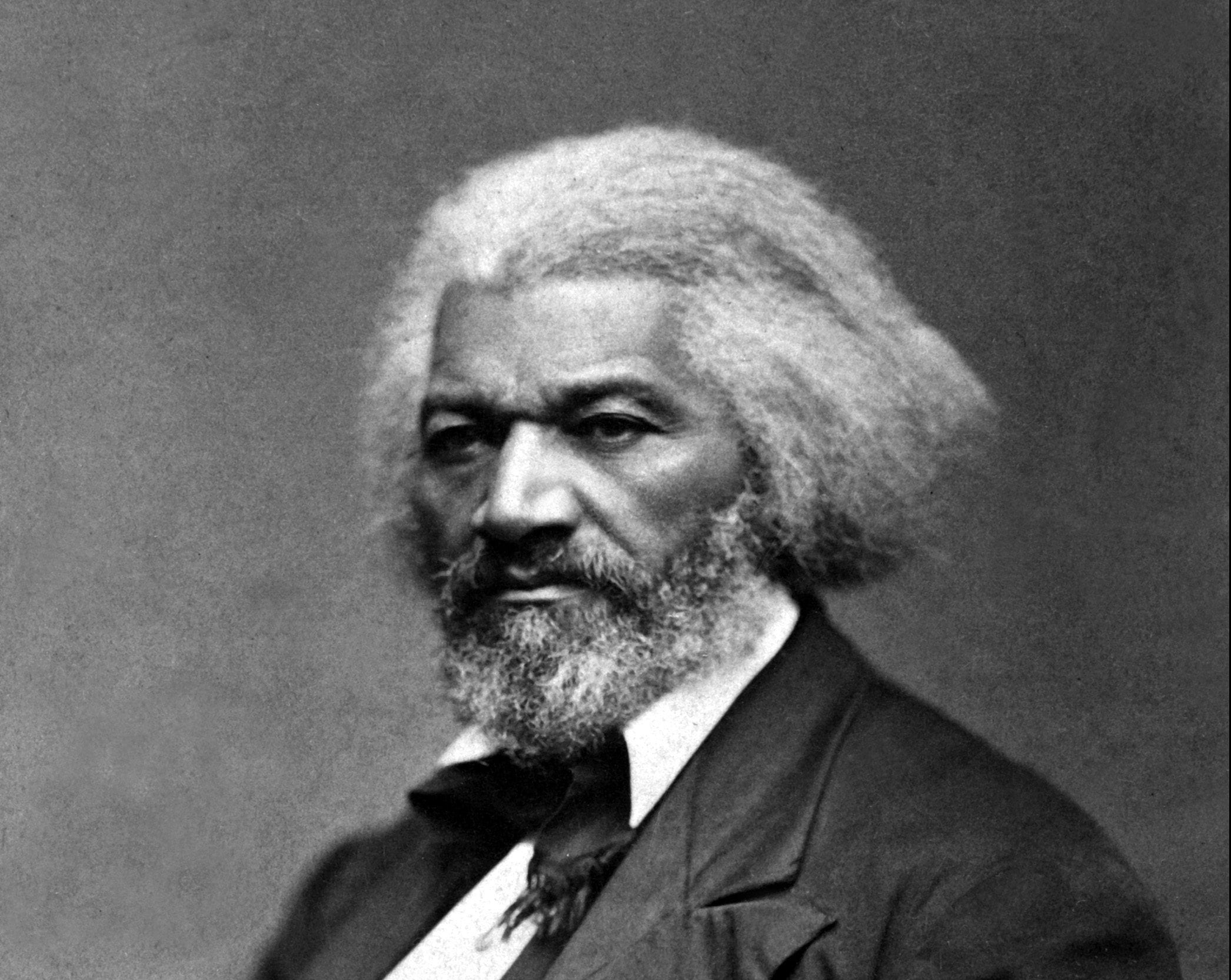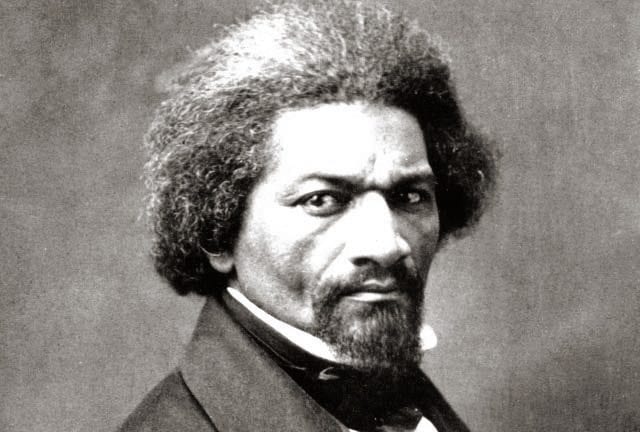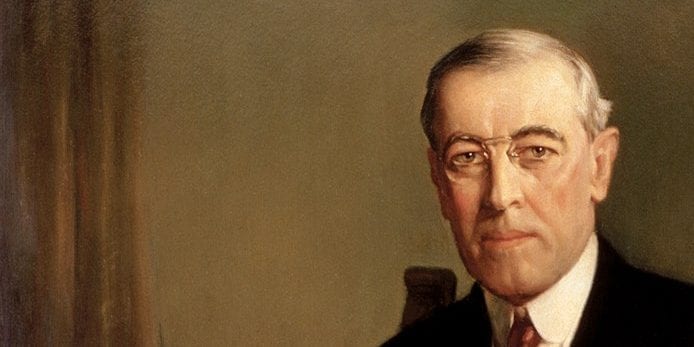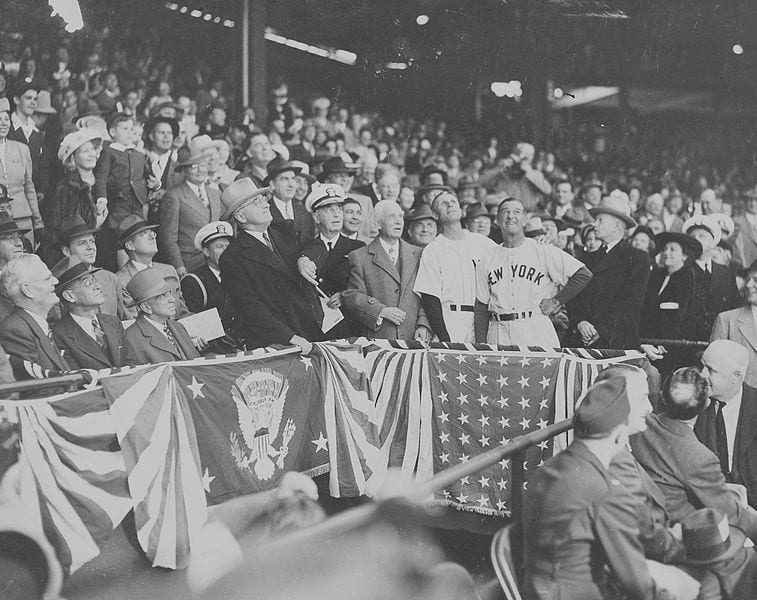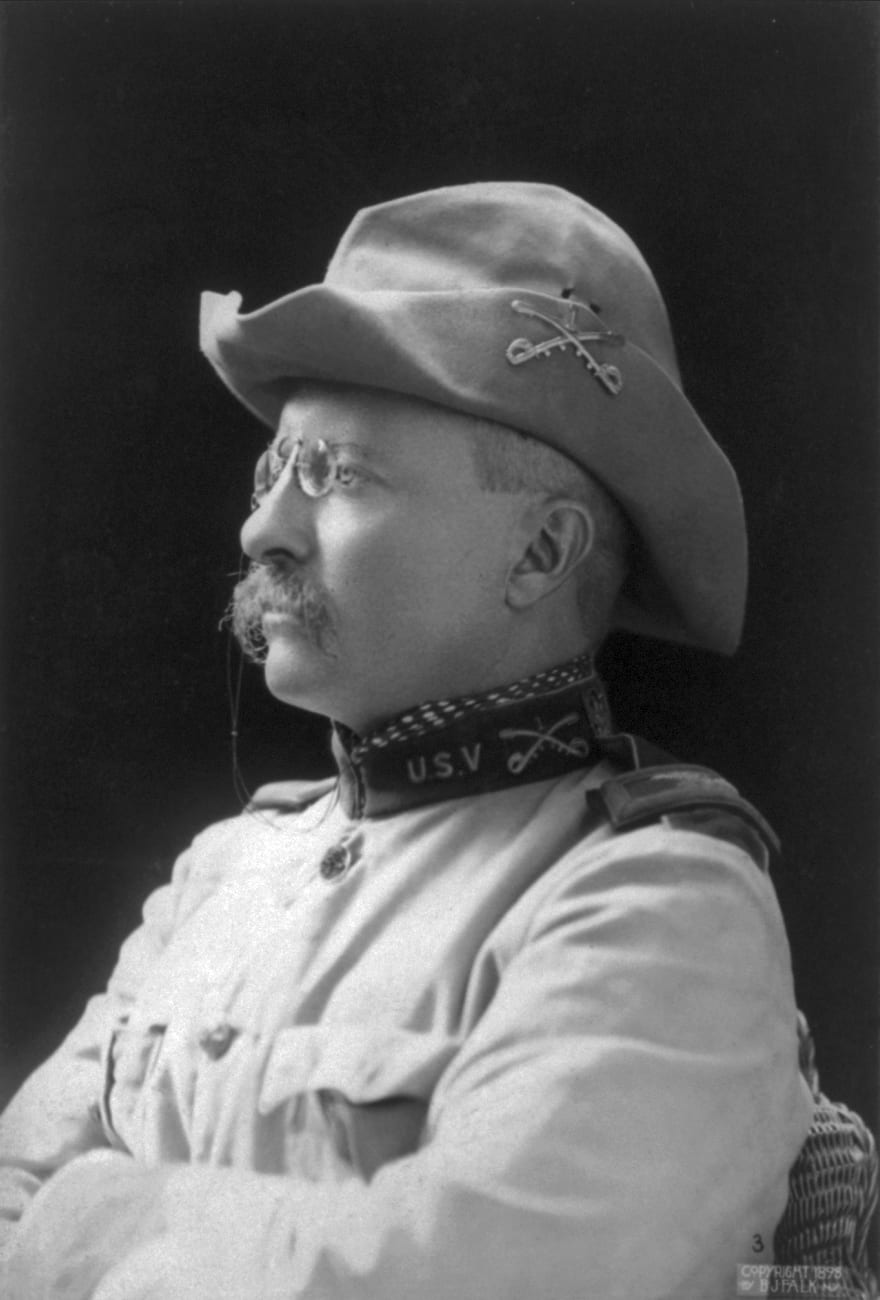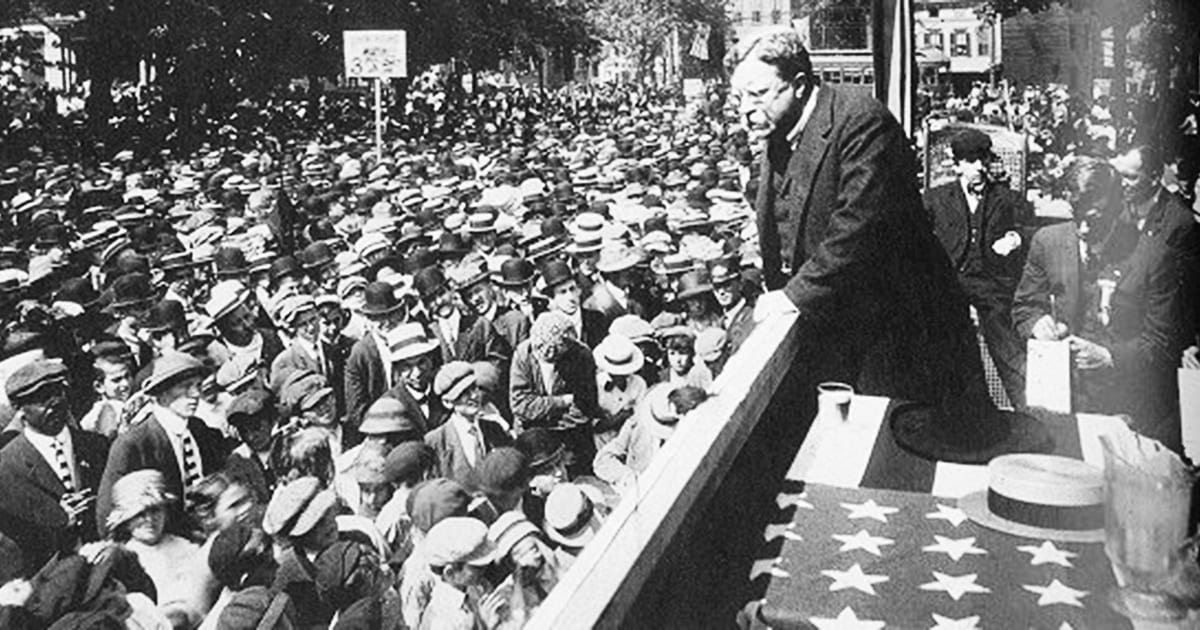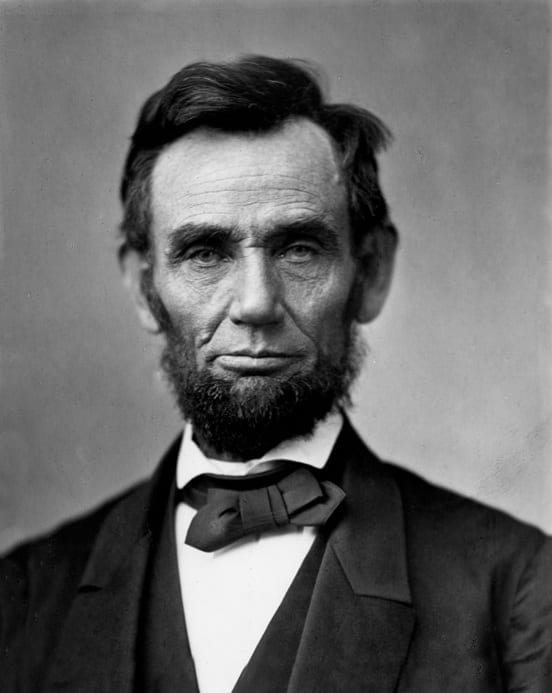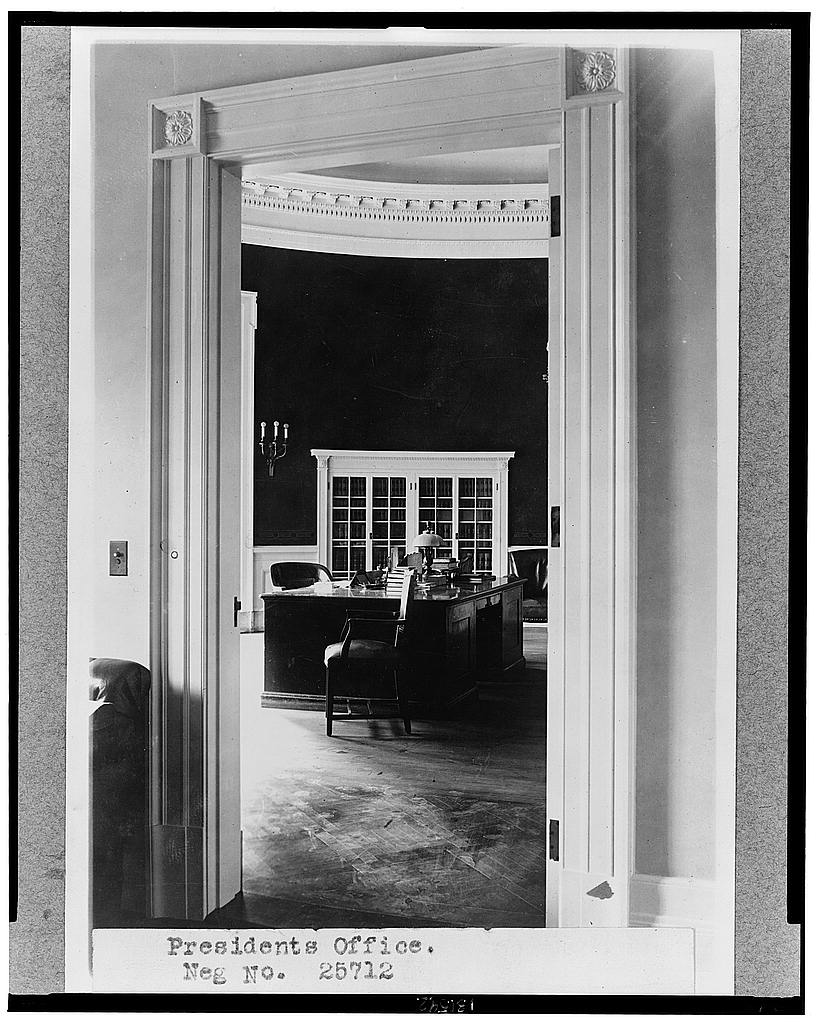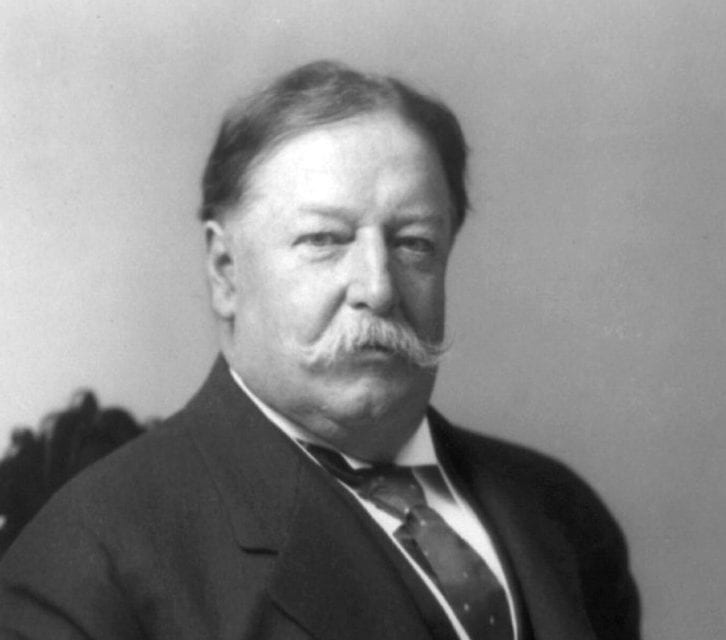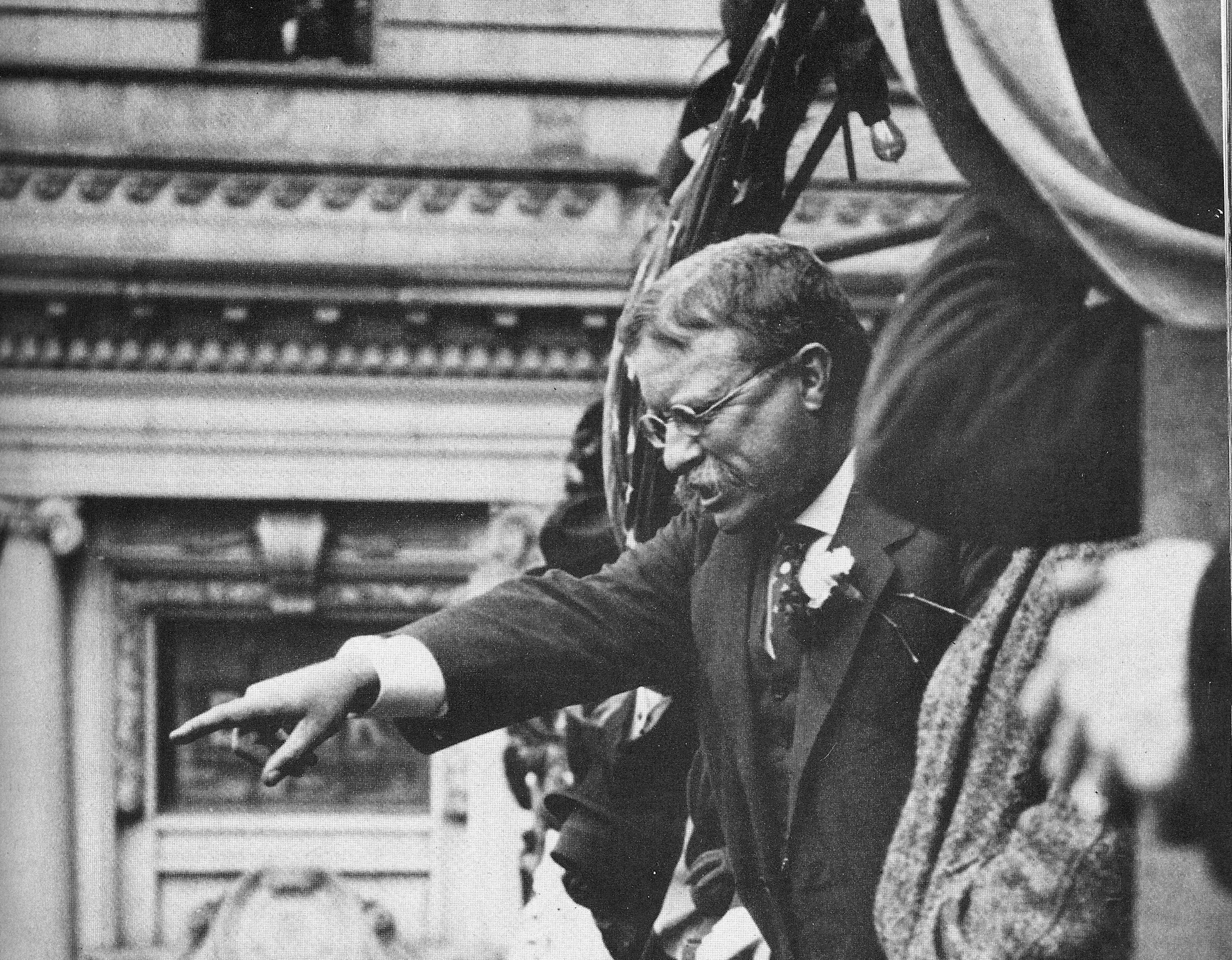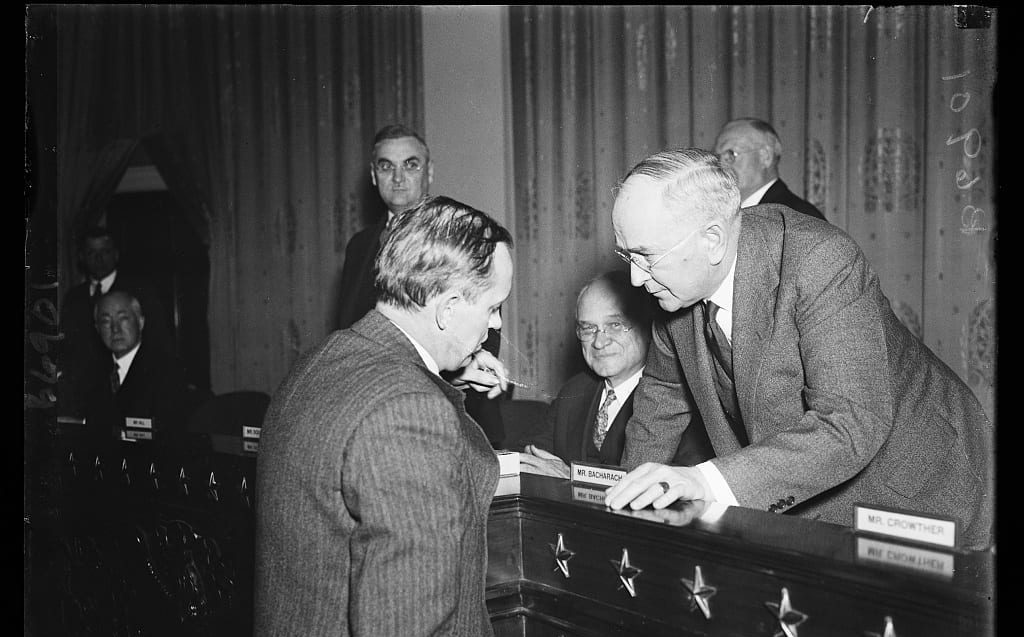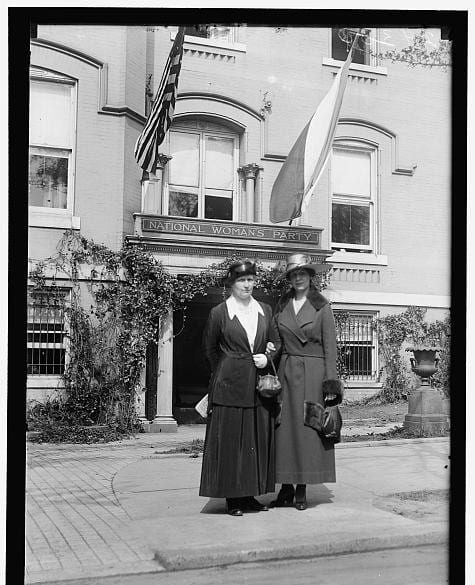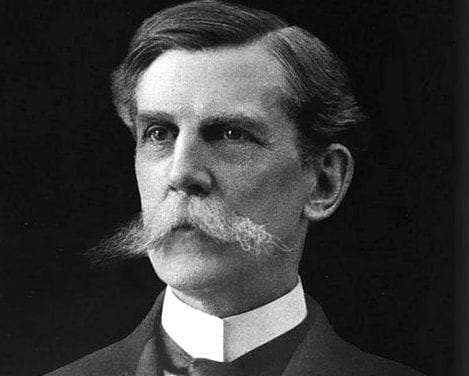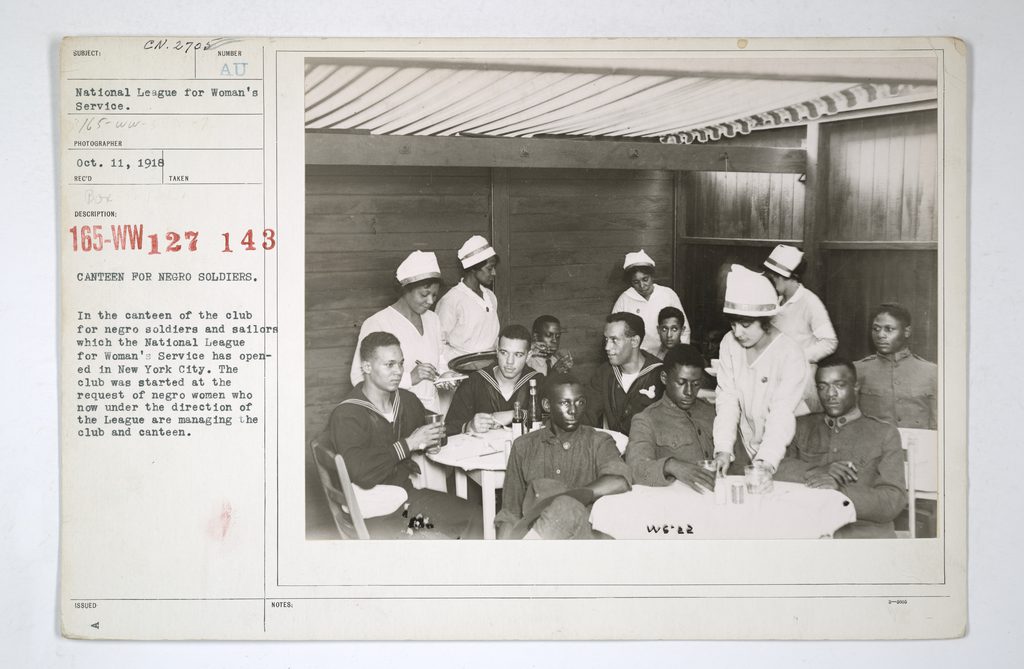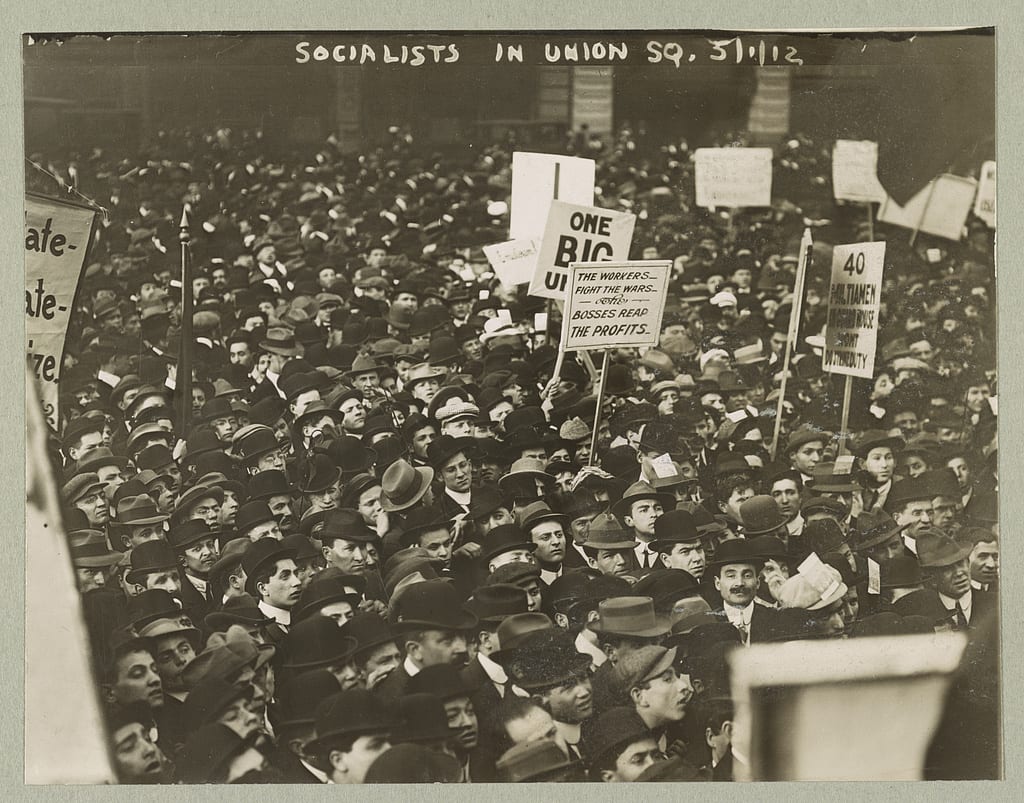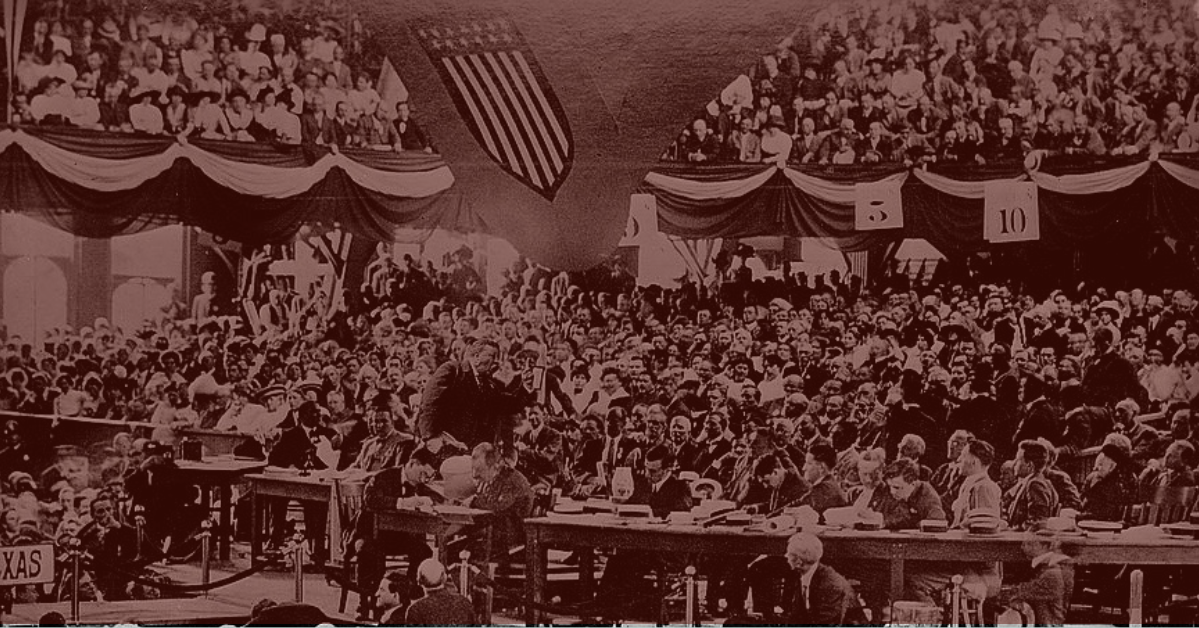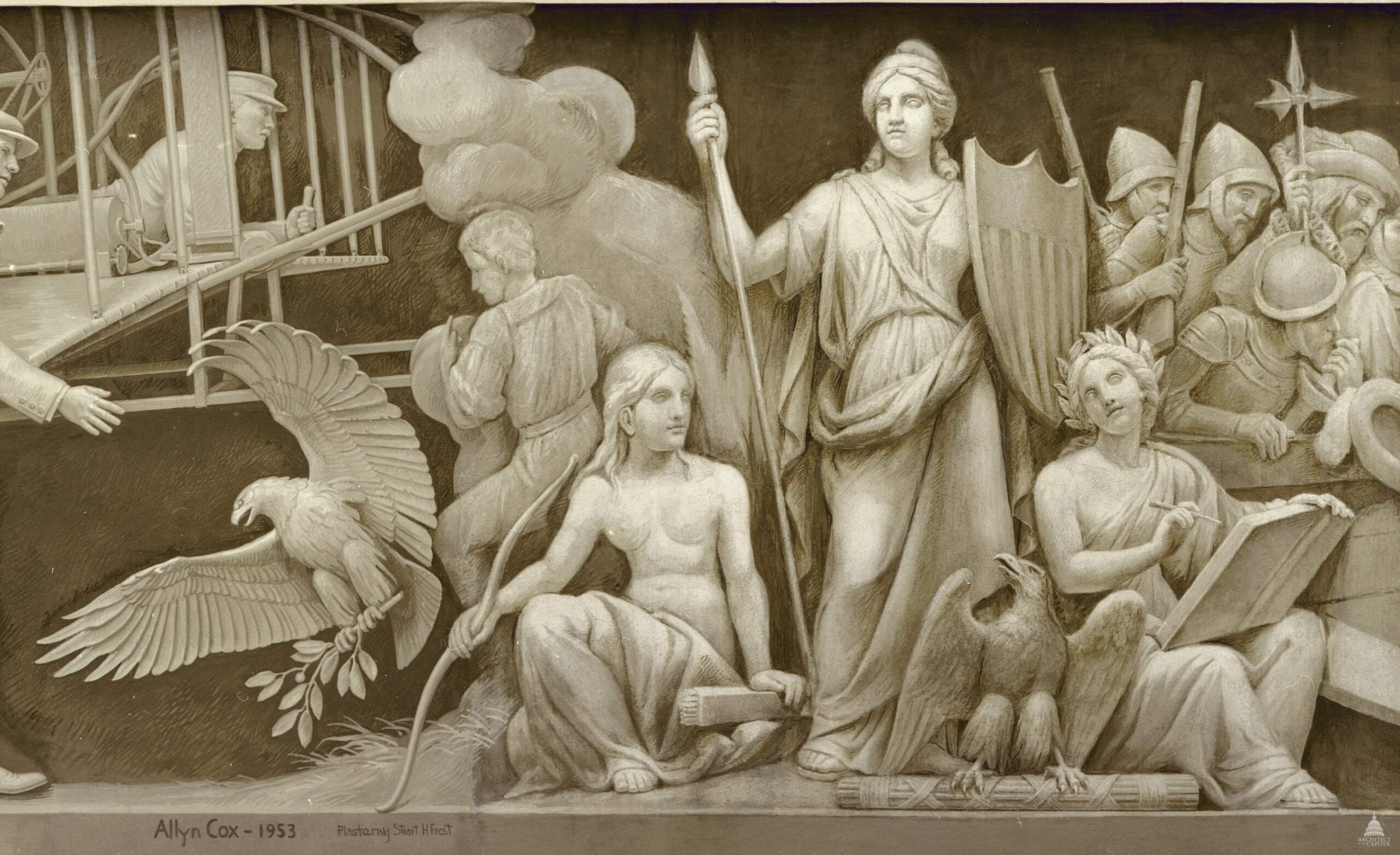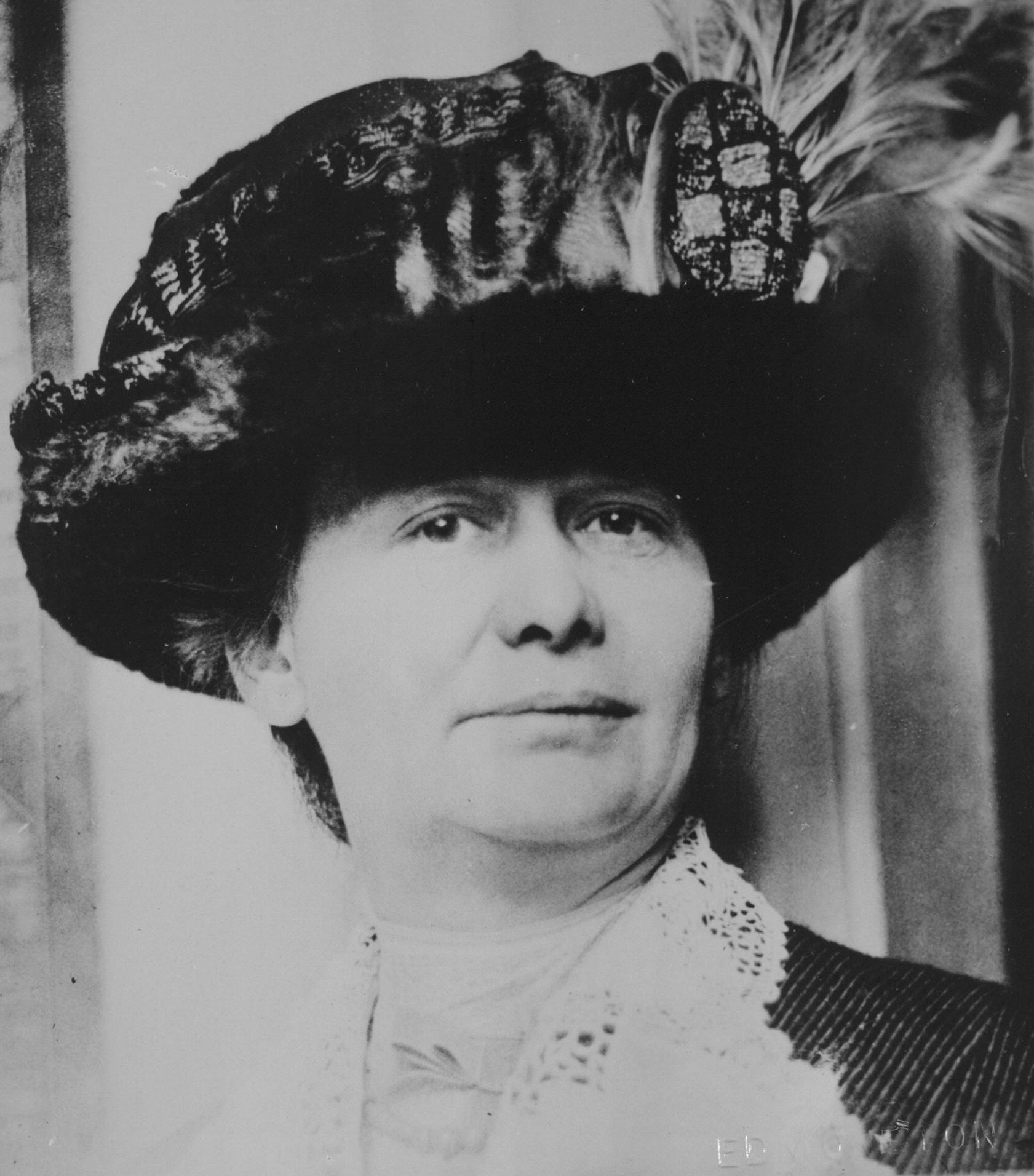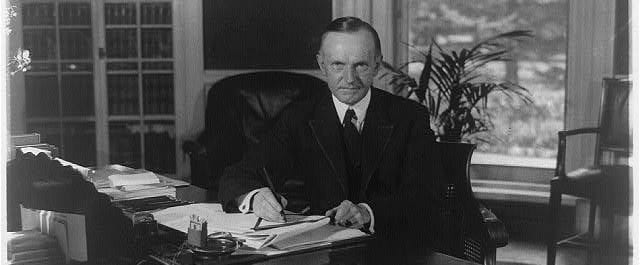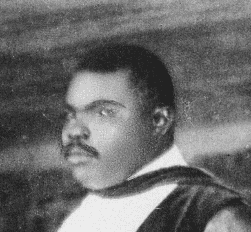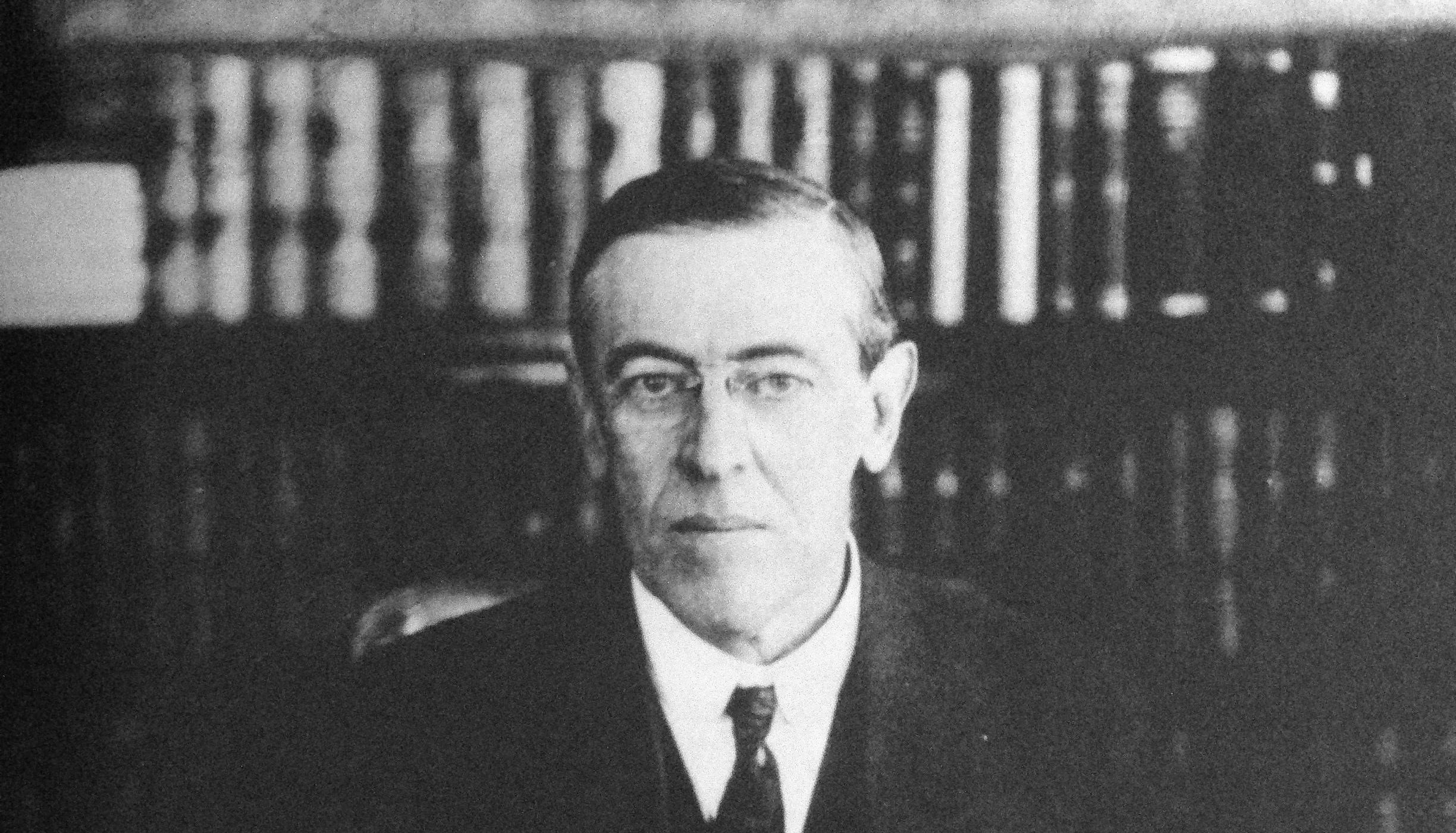
No related resources
Introduction
For Jane Addams (1860–1935), commitment to the peace movement was the natural outgrowth of her religiously informed philosophy of social reform (see “Religious Education and Contemporary Social Conditions”) and reflected her understanding of the primary role of women as the nurturers and sustainers of humanity. Unlike many of her compatriots in the movement, Addams never publicly changed her position, despite the costs to her reputation. Yet as she details in this introspective essay written after World War I, she was not immune to the pressures of public opinion, nor to the self-doubt that she implies any humble thinker must have when they find their ideas relegated to the fringes of society. Addams’ commentary on the internal tension between holding fast to one’s own position and the desire to acknowledge and respect the will of one’s fellow citizens is particularly insightful on the challenges to all members of democratic societies who hold faith-inspired convictions at odds with the majority views of their times (see “The Tyranny of Petty Coercion”).
Source: Jane Addams, “Personal Reactions In Time of War,” Peace and Bread in Time of War (New York: MacMillan, 1922): 76–86.
After the United States had entered the war there began to appear great divergence among the many types of pacifists, from the extreme left, composed of non-resistants, through the middle-of-the-road groups, to the extreme right, who could barely be distinguished from mild militarists. There were those people, also, who although they felt keenly both the horror and the futility of war, yet hoped for certain beneficent results from the opportunities afforded by the administration of war; they were much pleased when the government took over the management of the railroads, insisting that governmental ownership had thus been pushed forward by decades; they were also sure that the War Labor Policies Board, the Coal Commission and similar war institutions would make an enormous difference in the development of the country, in short, that militarism might be used as an instrument for advanced social ends. Such justifications had their lure and one found old pacifist friends on all the war boards and even in the war department itself. Certainly we were all eager to accept whatever progressive social changes came from the quick reorganization demanded by war, and doubtless prohibition was one of these, as the granting of woman suffrage in the majority of the belligerent nations, was another. But some of us had suspected that social advance depends as much upon the process through which it is secured as upon the result itself; if railroads are nationalized solely in order to secure rapid transit of ammunition and men to points of departure for Europe, when that governmental need no longer exists what more natural than that the railroads should no longer be managed by the government?
My temperament and habit had always kept me rather in the middle of the road; in politics as well as in social reform I had been for “the best possible.” But now I was pushed far toward the left on the subject of the war and I became gradually convinced that in order to make the position of the pacifist clear it was perhaps necessary that at least a small number of us should be forced into an unequivocal position. If I sometimes regretted having gone to the Woman’s Congress at The Hague in 1915, or having written a book on Newer Ideals of Peace in 1911 which had made my position so conspicuously clear, certainly far oftener I was devoutly grateful that I had used such unmistakable means of expression before the time came when any spoken or written word in the interests of Peace was forbidden.
It was on my return from The Hague Congress in July, 1915,[1] that I had my first experience of the determination on the part of the press to make pacifist activity or propaganda so absurd that it would be absolutely without influence and its authors so discredited that nothing they might say or do would be regarded as worthy of attention. I had been accustomed to newspaper men for many years and had come to regard them as a good-natured fraternity, sometimes ignorant of the subject on which they asked an interview, but usually quite ready to report faithfully albeit somewhat sensationally. Hull-House had several times been the subject of sustained and inspired newspaper attacks, one, the indirect result of an exposure of the inefficient sanitary service in the Chicago Health Department had lasted for many months; I had of course known what it was to serve unpopular causes and throughout a period of campaigning for the Progressive Party I had naturally encountered the “opposition press” in various parts of the country, but this concerted and deliberate attempt at misrepresentation on the part of newspapers of all shades of opinion was quite new in my experience. After the United States entered the war, the press throughout the country systematically undertook to mis-represent and malign pacifists as a recognized part of propaganda and as a patriotic duty. We came to regard this misrepresentation as part of the war technique and in fact an inevitable consequence of war itself, but we were slow in the very beginning to recognize the situation, and I found my first experience which came long before the United States entered the war rather overwhelming.
Upon our return from the Woman’s International Congress at The Hague in 1915, our local organization in New York City with others, notably a group of enthusiastic college men, had arranged a large public meeting in Carnegie Hall. Dr. Anna Howard Shaw[2] presided and the United States delegates made a public report of our impressions in “war stricken Europe” and of the moral resources in the various countries we visited that might possibly be brought to bear against a continuation of the war. We had been much impressed with the fact that it was an old man’s war, that the various forms of doubt and opposition to war had no method of public expression and that many of the soldiers themselves were far from enthusiastic in regard to actual fighting as a method of settling international difficulties. War was to many of them much more anachronistic than to the elderly statesmen who were primarily responsible for the soldiers’ presence in the trenches.
It was the latter statement which was my undoing, for in illustration of it I said that in practically every country we had visited, we had heard a certain type of young soldier say that it had been difficult for him to make the bayonet charge (enter into actual hand to hand fighting) unless he had been stimulated; that the English soldiers had been given rum before such a charge, the Germans ether and that the French were said to use absinthe. To those who heard the address it was quite clear that it was not because the young men flinched at the risk of death but because they had to be inflamed to do the brutal work of the bayonet, such as disembowelling, and were obliged to overcome all the inhibitions of civilization.
Dr. Hamilton and I had notes for each of these statements with the dates and names of the men who had made them, and it did not occur to me that the information was new or startling. I was, however, reported to have said that no soldier could go into a bayonet charge until he was made half drunk, and this in turn was immediately commented upon, notably in a scathing letter written to the New York Times by Richard Harding Davis,[3] as a most choice specimen of a woman’s sentimental nonsense. Mr. Davis himself had recently returned from Europe and at once became the defender of the heroic soldiers who were being traduced and belittled. He lent the weight of his name and his very able pen to the cause, but it really needed neither, for the misstatement was repeated, usually with scathing comment, from one end of the country to the other.
I was conscious, of course, that the story had struck athwart the popular and long-cherished conception of the nobility and heroism of the soldier as such, and it seemed to me at the time that there was no possibility of making any explanation, at least until the sensation should have somewhat subsided. I might have repeated my more sober statements with the explanation that whomsoever the pacifist held responsible for war, it was certainly not the young soldiers themselves who were, in a sense, its most touching victims, “the heroic youth of the world whom a common ideal tragically pitted against each other.” Youth’s response to the appeal made to their self-sacrifice, to their patriotism, to their sense of duty, to their high-hearted hopes for the future, could only stir one’s admiration, and we should have been dull indeed had we failed to be moved by this most moving spectacle in the world. That they had so responded to the higher appeals only confirms Ruskin’s statement that “we admire the soldier not because he goes forth to slay but to be slain.” The fact that many of them were obliged to make a great effort to bear themselves gallantly in the final tests of “war’s brutalities” had nothing whatever to do with their courage and sense of devotion. All this, of course, we had realized during our months in Europe.
After the meeting in Carnegie Hall and after an interview with President Wilson in Washington, I returned to Chicago to a public meeting arranged in the Auditorium; I was met at the train by a committee of aldermen appointed as a result of a resolution in the City Council. There was an indefinite feeling that the meeting at The Hague might turn out to be of significance, and that in such an event its chairman should have been honored by her fellow citizens. But the bayonet story had preceded me and every one was filled with great uneasiness. To be sure, a few war correspondents had come to my rescue—writing of the overpowering smell of ether preceding certain German attacks; the fact that English soldiers knew when a bayonet charge was about to be ordered because rations of rum were distributed along the trenches. Some people began to suspect that the story, exaggerated and grotesque as it had become, indicated not cowardice but merely an added sensitiveness which the modern soldier was obliged to overcome. Among the many letters on the subject which filled my mail for weeks, the bitter and abusive were from civilians or from the old men to whom war experiences had become a reminiscence, the larger number and the most understanding ones came from soldiers in active service.
Only once did I try a public explanation. After an address in Chautauqua, New York, in which I had not mentioned bayonets, I tried to remake my original statement to a young man of the associated press only to find it once more so garbled that I gave up in despair, quite unmoved by the young man’s letter of apology which followed hard upon the published report of his interview.
I will confess that the mass psychology of the situation interested me even then and continued to do so until I fell ill with a serious attack of pleuro-pneumonia, which was the beginning of three years of semi-invalidism. During weeks of feverish discomfort I experienced a bald sense of social opprobrium and wide-spread misunderstanding which brought me very near to self-pity, perhaps the lowest pit into which human nature can sink. Indeed the pacifist in war time, with his precious cause in the keeping of those who control the sources of publicity and consider it a patriotic duty to make all types of peace propaganda obnoxious, constantly faces two dangers. Strangely enough he finds it possible to travel from the mire of self-pity straight to the barren hills of self-righteousness and to hate himself equally in both places.
From the very beginning of the great war, as the members of our group gradually became defined from the rest of the community, each one felt increasingly the sense of isolation which rapidly developed after the United States entered the war into that destroying effect of “aloneness,” if I may so describe the opposite of mass consciousness. We never ceased to miss the unquestioning comradeship experienced by our fellow citizens during the war, nor to feel curiously outside the enchantment given to any human emotion when it is shared by millions of others. The force of the majority was so overwhelming that it seemed not only impossible to hold one’s own against it, but at moments absolutely unnatural, and one secretly yearned to participate in “the folly of all mankind.” Our modern democratic teaching has brought us to regard popular impulses as possessing in their general tendency a valuable capacity for evolutionary development. In the hours of doubt and self-distrust the question again and again arises, has the individual or a very small group, the right to stand out against millions of his fellow countrymen? Is there not a great value in mass judgment and in instinctive mass enthusiasm, and even if one were right a thousand times over in conviction, was he not absolutely wrong in abstaining from this communion with his fellows? The misunderstanding on the part of old friends and associates and the charge of lack of patriotism was far easier to bear than those dark periods of faint-heartedness. We gradually ceased to state our position as we became convinced that it served no practical purpose and, worse than that, often found that the immediate result was provocative.
We could not, however, lose the conviction that as all other forms of growth begin with a variation from the mass, so the moral changes in human affairs may also begin with a differing group or individual, sometimes with the one who at best is designated as a crank and a freak and in sterner moments is imprisoned as an atheist or a traitor. Just when the differing individual becomes the centro-egotist, the insane man, who must be thrown out by society for its own protection, it is impossible to state. The pacifist was constantly brought sharply up against a genuine human trait with its biological basis, a trait founded upon the instinct to dislike, to distrust and finally to destroy the individual who differs from the mass in time of danger. Regarding this trait as the basis of self-preservation it becomes perfectly natural for the mass to call such an individual a traitor and to insist that if he is not for the nation he is against it. To this an estimated nine million people can bear witness who have been burned as witches and heretics, not by mobs, for of the people who have been “lynched” no record has been kept, but by order of ecclesiastical and civil courts.
There were moments when the pacifist yielded to the suggestion that keeping himself out of war, refusing to take part in its enthusiasms, was but pure quietism, an acute failure to adjust himself to the moral world. Certainly nothing was clearer than that the individual will was helpless and irrelevant. We were constantly told by our friends that to stand aside from the war mood of the country was to surrender all possibility of future influence, that we were committing intellectual suicide, and would never again be trusted as responsible people or judicious advisers. Who were we to differ with able statesmen, with men of sensitive conscience who also absolutely abhorred war, but were convinced that this war for the preservation of democracy would make all future wars impossible, that the priceless values of civilization which were at stake could at this moment be saved only by war? But these very dogmatic statements spurred one to alarm. Was not war in the interest of democracy for the salvation of civilization a contradiction of terms, whoever said it or however often it was repeated?
Then, too, we were always afraid of fanaticism, of preferring a consistency of theory to the conscientious recognition of the social situation, of a failure to meet life in the temper of a practical person. Every student of our time had become more or less a disciple of pragmatism and its great teachers in the United States had come out for the war and defended their positions with skill and philosophic acumen. There were moments when one longed desperately for reconciliation with one’s friends and fellow citizens; in the words of Amiel, “Not to remain at variance with existence but to reach that understanding of life which enables us at least to obtain forgiveness.”[4] Solitude has always had its demons, harder to withstand than the snares of the world, and the unnatural desert into which the pacifist was summarily cast out seemed to be peopled with them. We sorely missed the contagion of mental activity, for we are all much more dependent upon our social environment and daily newspaper than perhaps any of us realize. We also doubtless encountered, although subconsciously, the temptations described by John Stuart Mill: “In respect to the persons and affairs of their own day, men insensibly adopt the modes of feeling and judgment in which they can hope for sympathy from the company they keep.”[5]
The consciousness of spiritual alienation was lost only in moments of comradeship with the like-minded, which may explain the tendency of the pacifist in war time to seek his intellectual kin, his spiritual friends, wherever they might be found in his own country or abroad.
It was inevitable that in many respects the peace cause should suffer in public opinion from the efforts of groups of people who, early in the war, were convinced that the country as a whole was for peace and who tried again and again to discover a method for arousing and formulating the sentiment against war. I was ill and out of Chicago when the People’s Council[6] held a national convention there, which was protected by the city police but threatened with dispersion by the state troops, who, however, arrived from the capital several hours after the meeting had adjourned. The incident was most sensational and no one was more surprised than many of the members of the People’s Council who thus early in the war had supposed that they were conducting a perfectly legitimate convention. The incident gave tremendous “copy” in a city needing rationalizing rather than sensationalizing at that moment. There is no doubt that the shock and terror of the “anarchist riots”[7] occurring in Chicago years ago have left their traces upon the nervous system of the city somewhat as a nervous shock experienced in youth will long afterwards determine the action of a mature man under widely different circumstances.
On the whole, the New York groups were much more active and throughout the war were allowed much more freedom both of assembly and press, although later a severe reaction followed expressed through the Lusk Committee[8] and other agencies. Certainly neither city approximated the freedom of London and nothing surprised me more in 1915 and again in 1919 than the freedom of speech permitted there.
We also read with a curious eagerness the steadily increasing number of books published from time to time during the war, which brought a renewal of one’s faith or at least a touch of comfort. These books broke through that twisting and suppressing of awkward truths, which was encouraged and at times even ordered by the censorship. Such manipulation of news and motives was doubtless necessary in the interest of war propaganda if the people were to be kept in a fighting mood. Perhaps the most vivid books came from France, early from Romain Rolland, later from Barbusse,[9] although it was interesting to see how many people took the latter’s burning indictment of war merely as a further incitement against the enemy. On the scientific side were the frequent writings of David Starr Jordan[10] and the remarkable book of Nicolai on “The Biology of War.”[11] The latter enabled one, at least in one’s own mind, to refute the pseudo-scientific statement that war was valuable in securing the survival of the fittest. Nicolai insisted that primitive man must necessarily have been a peaceful and social animal and that he developed his intelligence through the use of the tool, not through the use of the weapon; it was the primeval community which made the evolution of man possible, and cooperation among men is older and more primitive than mass combat which is an outgrowth of the much later property instinct. No other species save ants, who also possess property, fights in masses against other masses of its own kind. War is in fact not a natural process and not a struggle for existence in the evolutionary sense. He illustrated the evolutionary survival of the fittest by two tigers inhabiting the same jungle or feeding ground, the one who has the greater skill and strength as a hunter survives and the other starves, but the strong one does not go out to kill the weak one, as the war propagandist implied; or by two varieties of mice living in the same field or barn; in the biological struggle, the variety which grows a thicker coat survives the winter while the other variety freezes to extinction, but if one variety of mice should go forth to kill the other, it would be absolutely abnormal and quite outside the evolutionary survival which is based on the adjustment of the organism to its environment. George Nasmyth’s book on Darwinism and the Social Order[12] was another clear statement of the mental confusion responsible for the insistence that even a biological progress is secured through war. Mr. Brailsford wrote constantly on the economic results of the war[13] and we got much comfort from John Hobson’s “Toward International Government,”[14] which gave an authoritative account of the enormous amount of human activity actually carried on through international organizations of all sorts, many of them under governmental control. Lowes Dickenson’s[15] books, especially the spirited challenge in “The Choice Before Us,” left his readers with the distinct impression that “war is not inevitable but proceeds from definite and removable causes.” From every such book the pacifist was forced to the conclusion that none save those interested in the realization of an idea are in a position to bring it about and that if one found himself the unhappy possessor of an unpopular conviction, there was nothing for it but to think as clearly as he was able and be in a position to serve his country as soon as it was possible for him to do so.
But with or without the help of good books a hideous sensitiveness remained, for the pacifist, like the rest of the world, has developed a high degree of suggestibility, sharing that consciousness of the feelings, the opinions and the customs of his own social group which is said to be an inheritance from an almost pre-human past. An instinct which once enabled the man-pack to survive when it was a question of keeping together or of perishing off the face of the earth, is perhaps not underdeveloped in any of us. There is a distinct physical as well as moral strain when this instinct is steadily suppressed or at least ignored. The large number of deaths among the older pacifists in all the warring nations can probably be traced in some measure to the peculiar strain which such maladjustment implies. More than the normal amount of nervous energy must be consumed in holding one’s own in a hostile world. These older men, Keir Hardie[16] and Lord Courtney[17] in England, Jenkin Lloyd Jones,[18] Rauschenbusch, Washington Gladden[19] in the United States, Lammasch[20] and Fried[21] in Austria, had been honored by their fellow citizens because of marked ability to interpret and understand them. Suddenly to find every public utterance willfully misconstrued, every attempt at normal relationship repudiated, must react in a baffled suppression which is health-destroying even if we do not accept the mechanistic explanation of the human system. Certainly by the end of the war we were able to understand, although our group certainly did not endorse the statement of Cobden,[22] one of the most convinced of all internationalists: “I made up my mind during the Crimean War that if ever I lived in the time of another great war of a similar kind between England and another power, I would not as a public man open my mouth on the subject, so convinced am I that appeals to reason, conscience or interest have no force whatever on parties engaged in war, and that exhaustion on one or both sides can alone bring a contest of physical force to an end.”
On the other hand there were many times when we stubbornly asked ourselves, what after all, has maintained the human race on this old globe despite all the calamities of nature and all the tragic failings of mankind, if not faith in new possibilities, and courage to advocate them. Doubtless many times these new possibilities were declared by a man who, quite unconscious of courage, bore the “sense of being an exile, a condemned criminal, a fugitive from mankind.”[23] Did every one so feel who, in order to travel on his own proper path had been obliged to leave the traditional highway? The pacifist, during the period of the war could answer none of these questions but he was sick at heart from causes which to him were hidden and impossible to analyze. He was at times devoured by a veritable dissatisfaction with life. Was he thus bearing his share of blood guiltiness, the morbid sense of contradiction and inexplicable suicide which modern war implies? We certainly had none of the internal contentment of the doctrinaire, the ineffable solace of the self-righteous which was imputed to us. No one knew better than we how feeble and futile we were against the impregnable weight of public opinion, the appalling imperviousness, the coagulation of motives, the universal confusion of a world at war. There was scant solace to be found in this type of statement: “The worth of every conviction consists precisely in the steadfastness with which it is held,” perhaps because we suffered from the fact that we were no longer living in a period of dogma and were therefore in no position to announce our sense of security. We were well aware that the modern liberal having come to conceive truth of a kind which must vindicate itself in practice, finds it hard to hold even a sincere and mature opinion which from the very nature of things can have no justification in works. The pacifist in war time is literally starved of any gratification of that natural desire to have his own decisions justified by his fellows.
That, perhaps, was the crux of the situation. We slowly became aware that our affirmation was regarded as pure dogma. We were thrust into the position of the doctrinaire, and although, had we been permitted, we might have cited both historic and scientific tests of our so-called doctrine of Peace, for the moment any sanction even by way of illustration was impossible.
It therefore came about that ability to hold out against mass suggestion, to honestly differ from the convictions and enthusiasms of one’s best friends did in moments of crisis come to depend upon the categorical belief that a man’s primary allegiance is to his vision of the truth and that he is under obligation to affirm it.
- 1. The Woman's International Congress, held at The Hague, also known as the Women’s Peace Conference, sought ways to end World War I.
- 2. Dr. Anna Howard Shaw (1847–1919) was a leading advocate for woman’s rights; see "The Heavenly Vision".
- 3. Richard Harding Davis (1864–1916) was a journalist, war correspondent, and supporter of Theodore Roosevelt.
- 4. Henri-Frédéric Amiel (1821–1881) was a Swiss moral philosopher.
- 5. John Stuart Mill (1806–1873) was a British philosopher and political economist.
- 6. The People’s Council of America for Democracy and the Terms of Peace was a pacifist organization established in 1917.
- 7. Probably a reference to the Haymarket Riot (1886). During a labor rally in support of the eight-hour day, someone threw dynamite at police, who opened fire on the crowd. Eight people, referred to as anarchists, were tried, and four were executed.
- 8. The Joint Legislative Committee to Investigate Seditious Activities established by the New York state legislature in 1919.
- 9. Romain Rolland (1866–1944) and Henri Barbusse (1873–1935) were French authors.
- 10. David Starr Jordan (1851–1931) was an American scientist, educator and peace activist. He was the founding president of Stanford University.
- 11. Georg Friedrich Nicolai (1874–1964) was a German physiologist.
- 12. George W. Nasmyth (1882–1920), Social Progress and the Darwinian Theory; a Study of Force as a Factor in Human Relations (1916).
- 13. Henry Noel Brailsford, The War of Steel and Gold: A Study of the Armed Peace (1918).
- 14. John A Hobson (1858–1940) was a British economist, author, and critic of imperialism.
- 15. Goldsworthy Lowes Dickinson (1862–1932) was a British philosopher.
- 16. Keir Hardie (1856–1915) was a Scottish socialist, reformer, and politician. He tried to organize a pacifist strike at the beginning of World War I.
- 17. Leonard Courtney (1832–1918) was a British academic, politician and reformer, who opposed the use of force.
- 18. Jenkin Lloyd Jones (1843–1918) was a Unitarian minister who espoused pacifism during World War I.
- 19. Walter Rauschenbusch (1861–1918) and Washington Gladden (1836–1918) were proponents of the social gospel.
- 20. Heinrich Lammasch (1853–1920) was an Austrian jurist who joined the international peace movement at the outbreak of World War I.
- 21. unidentified
- 22. Richard Cobden (1804–1865) was a British manufacturer and statesman.
- 23. Apparently a quotation of the German Philosopher Friedrich Nietzsche (1844–1900). See The Freeman, vol. 3 (1921), 118.

Conversation-based seminars for collegial PD, one-day and multi-day seminars, graduate credit seminars (MA degree), online and in-person.



